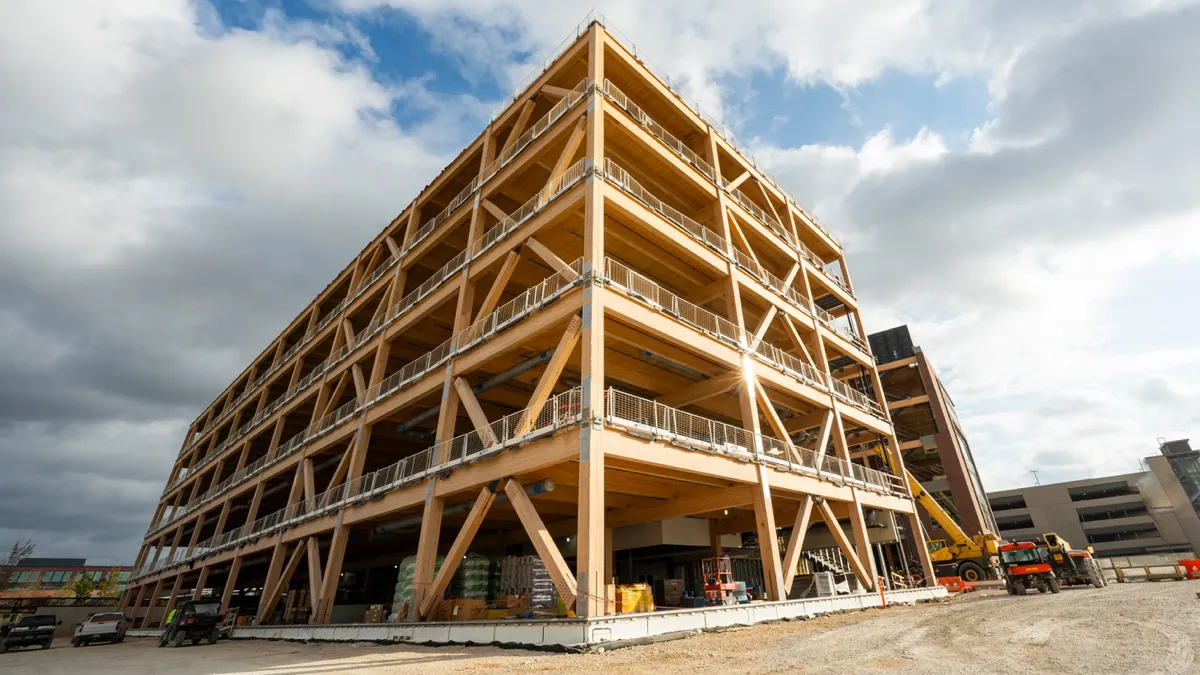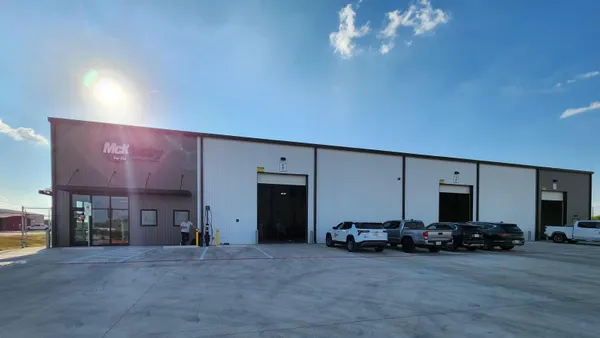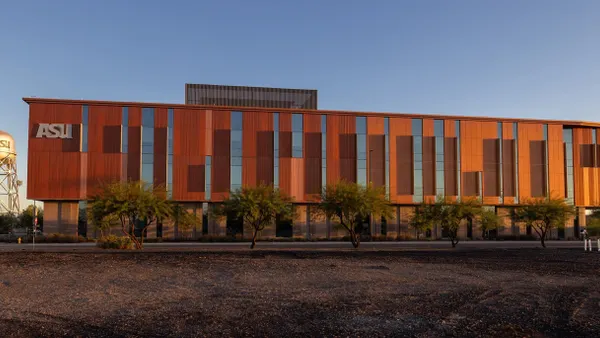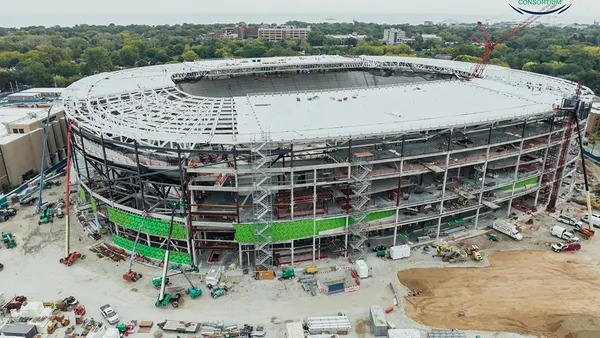Dive Brief:
-
Virginia’s use of private construction companies to build and operate public highways has come under scrutiny after the state paid more than $256 million to a firm for a 55-mile toll road that it never built.
-
State officials have asked the company to repay a substantial portion of the fee, which was meted out in automatic payments since early 2013, despite the lack of construction. The contractor was unable to move forward with the project because needed permits from the U.S. Army Corps of Engineers had not been approved, according to The Washington Post.
-
The debacle has brought the future of a larger, more important state transportation project into question. That job would add toll and carpool lanes to the much-traveled Interstate 66 near the Capital Beltway, which circles the Washington suburbs located in northern Virginia.
Dive Insight:
Virginia has been a national leader in the use of public-private partnerships for road construction. Most often, the state hired private contractors to build toll roads, and then allowed the companies to operate and collect toll revenue from the highways for years after the projects were finished.
The snafu involving the 55-mile highway in southeastern Virginia occurred when the state was unable to convince private contractors that traffic and toll revenue on that particular road would reap them sufficient profits. So the state changed the nature of the contract and agreed to pay a contractor to build the road and then turn it over to the state, which would operate it, The Post reported. The completed job would have been worth $1.4 billion.
But instead of following government procedures for that kind of arrangement, the state erroneously applied the same flexibility as it allows for the build-and-operate deals, leading to the overpayments, according to The Post.












